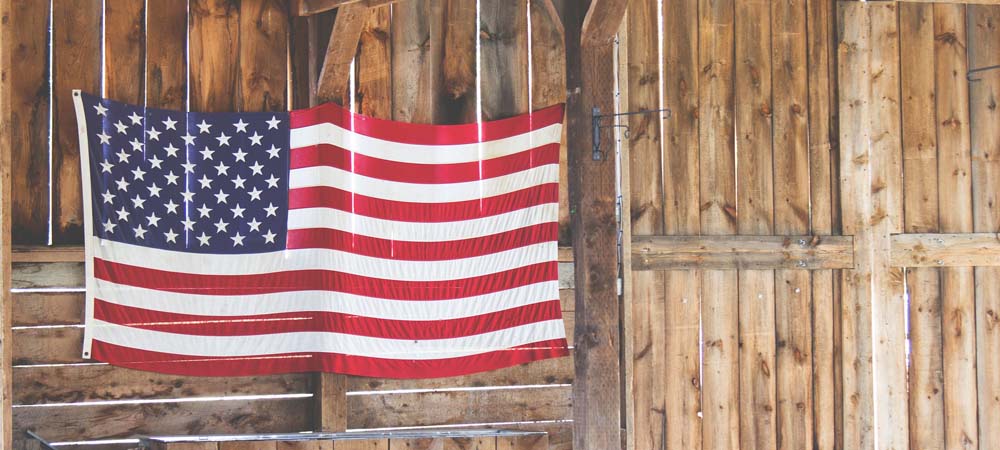How We Act with Veterans Matters
When we think about veterans, and we haven’t served ourselves, it can be difficult to know exactly what to say. There can be some amount of trepidation about saying the wrong thing, or bringing up a subject that may cause pain or discomfort. Our sensitivity, while a valuable tool, may be causing hesitation and may be keeping veterans from receiving what they need the most, our understanding and empathy.
Of the 1.7 million veterans who served in Iraq and Afghanistan, 300,000, or 20 percent, suffer from post-traumatic stress disorder or major depression. As friends and loved ones we need to be willing to listen. If you think that your friend or loved one may be having a difficult time, it’s important to start the conversation. Give them your full attention, and let them know that they don’t have to go through this alone. Use the following steps to help guide your conversation:
- Acknowledge: Take it seriously, and listen.
If you are noticing warning signs or you hear something that sounds troubling, recognizing that something is wrong is the first step. - Care: Take the initiative, and show and/or voice your concern.
When someone is suffering it can be difficult for them to remember there are people that care. Showing your support will make a big difference for someone who is truly struggling. - Treatment: Get professional help immediately.
The best way to care for someone is to get them to an evaluation and to begin the treatment process. Support from friends and family is not enough to combat serious mental health concerns. Mental health treatment is necessary. You can be the important link that someone needs to get connected to treatment.
Everyone is different. No one will react the same exact way to an experience, and for the most part, no two soldiers will have experienced the same exact thing. But if we focus less on what we should be saying and more on actively listening to our friends and loved ones who have served, we can bridge that gap and create more common ground.
As we move toward the holiday season, choose to engage with a friend or loved one, or even a peer you see at a high school reunion. It could be just what they need.

